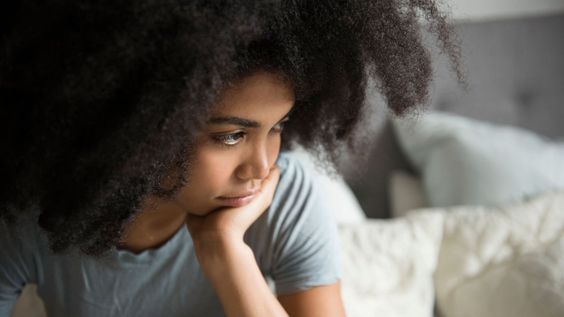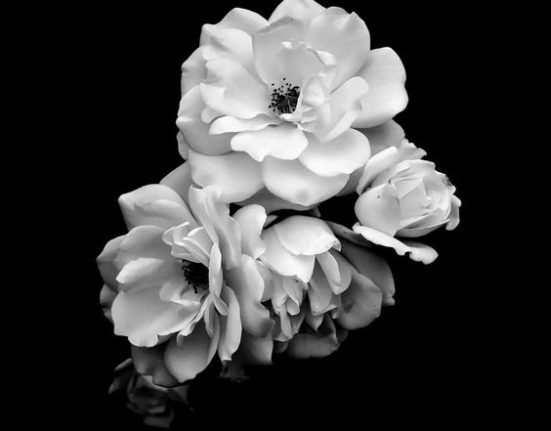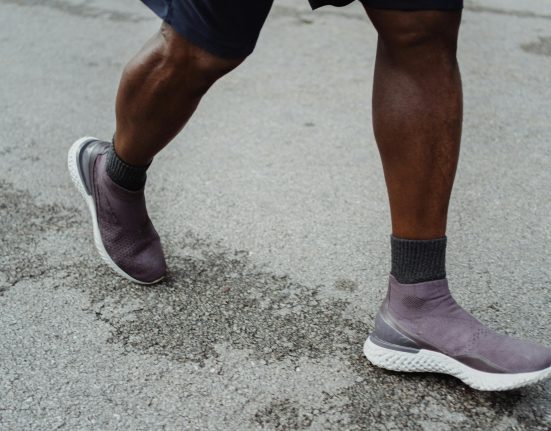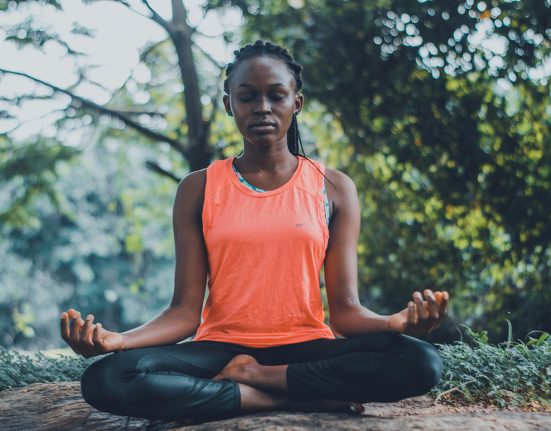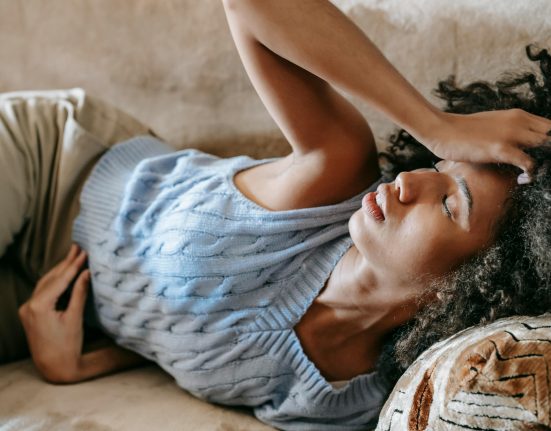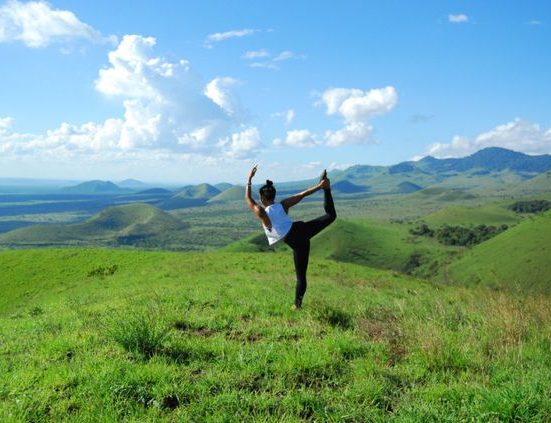“Why did I say that? Wait, did I actually call them? I should not have had that third drink.”
If these thoughts, topped by a pounding headache and nausea are familiar, then you probably have experienced, hangxiety.
Hangxiety, a pop-culture portmanteau of “hangover” and “anxiety”, describes the feeling of shame a person feels when thinking about the previous night of heavy drinking.
After a night of heavy drinking, it is typical for one to experience certain hangover symptoms like a splitting headache, nausea, and feeling tired and weak. For some, these already severe symptoms are further exacerbated by the feelings of shame, anxiety, and guilt about the night before. This is commonly known as hangxiety.
Symptoms of Hangxiety.
According to Wallace, the Alcohol and Drug Foundation, and Gill Tietz, host of the Sober Powered podcast and chemistry professor at Wentworth Institute of Technology based in Boston, hangxiety symptoms may include:
- Headache
- Nausea
- Trouble concentrating
- Irritability
- Worry
- Inability to sleep or relax
- Feeling shame, guilt, and regret as you try to put the pieces together from the night before
- Overwhelm
- Racing heart rate
- Panic attacks
What causes Hangxiety? And how is it different from anxiety?
Hangxiety is a result of the chemical changes caused by alcohol. While drinking, alcohol temporarily enhances the effects of the Gamma-Aminobutyric Acid (GABA) receptor in the brain, which leads to feelings of relaxation and decreased anxiety. While GABA typically calms the central nervous system, alcohol’s interaction with GABA receptors temporarily mirrors this effect, causing the depletion of GABA levels. Consequently, the post-alcohol state leaves individuals with reduced GABA, exacerbating feelings of anxiety.
Hangxiety is different from clinical anxiety, which is typically marked by persistent, excessive, and intense worries and fears about everyday situations.
The biggest difference between the two is the duration of the symptoms. Hangxiety typically lasts a day or two while anxiety disorder, by definition, means that symptoms (excessive anxiety and worry) have been ongoing (on more days than not) for at least six months.
Tips for being proactive.
The best thing you can do is prevent hangxiety when you can. Here is how to do so:
- Hydrate: Follow the 1-for-1 Rule, drink one glass of water for every alcoholic drink you consume.
- Consume in moderation: Know your limit, the less alcohol you consume, the lower the chances for hangxiety.
- Eat right: Before drinking, eat a good meal rich in carbs, which helps your body slow down the amount of alcohol going into your system.
Tips to getting rid of Hangxiety.
If you do wake up with hangxiety, do not seek relief in the “hair of the dog” remedy (drinking as an antidote for a hangover). This could lead to a cycle of addiction. Practice these holistic exercises instead :
- Rehydrate: Replenish lost fluids with water or electrolyte-rich drinks.
- Gentle Movement: Do some light exercises. Taking a walk can get your blood pumping and improve your mood.
- Healthy Eating: Nourish your body with easily digestible foods like fruits, vegetables, and whole grains.
- Practice self-compassion: Don’t beat yourself up. Instead, ask yourself: What would you tell a friend who was in your shoes? Would you be kinder to them than you are to yourself?
- Practice Relaxation Techniques: Try closing your eyes and taking 5 to 10 deep breaths. Then start to visualize yourself in a relaxing setting, such as at the beach. Think about each of your five senses — what are you hearing? Seeing? Tasting? Smelling? Feeling?
- Remind yourself this experience is temporary. You’re going to be okay.
- Reach out to a friend. Talk through what happened the night before — but only if you think this will make you feel better. Anxiety leads us to think of the worst-case scenario, speaking to a friend could reassure you that things were not as bad as you think.
- Journal. Write down how you are feeling. This can be helpful to look back on the next time you’re ready to grab a drink.
When to seek help?
If you experience hangxiety often, accompanied by symptoms of anxiety or depression, it is important to seek professional help. At the Boon Tree, we have service providers who can investigate the underlying conditions you may or may not have and suggest treatment methods.
Remember, going out shouldn’t mean having a terrible day the next day.


